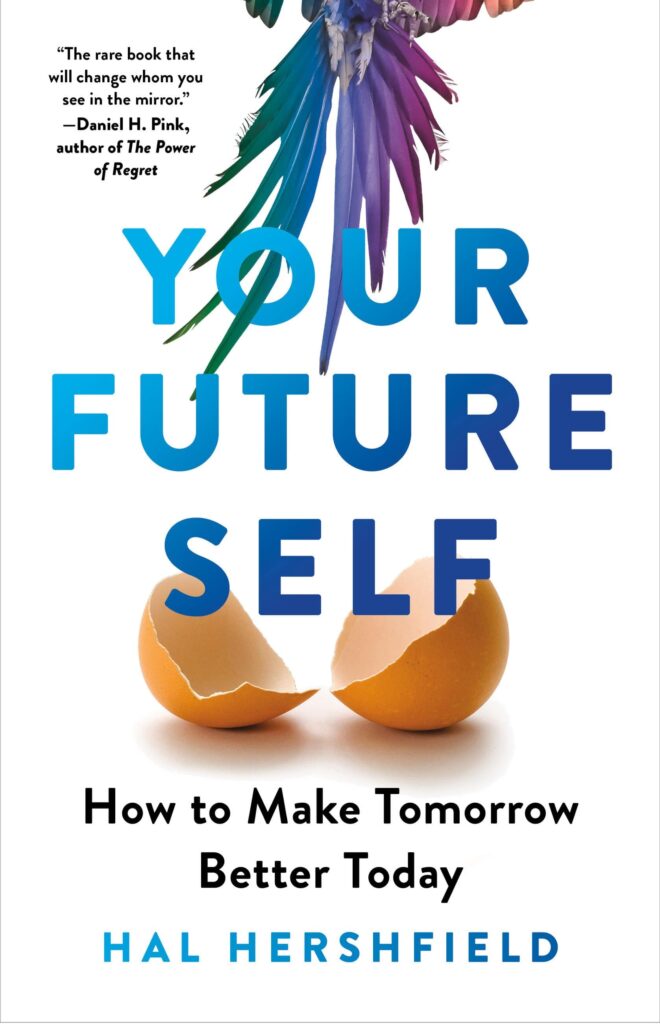
A midlife crisis is often viewed as a period of upheaval and uncertainty. However, it should be seen as an opportunity for a strategic reset, a time to open doors to new possibilities and deepen your understanding of yourself. Just as in volatile financial markets or artistic endeavors, this stage of life can bring opportunities. The key is knowing how to navigate it effectively.
Reassess Your Portfolio (Life and Financial)
Begin any crisis with a thorough reevaluation of your investments—both emotional and financial. This period provides an opportune time to reassess your life portfolio. Which relationships, career paths, and habits are delivering high emotional and financial returns? It’s time to divest from toxic aspects and reallocate energy to the more rewarding facets of life.
Emotional Diversification
Financial diversification is important, but so is emotional diversification. Diversifying your emotional investments across relationships, personal growth, and new experiences can provide a foundation for emotional stability and fulfillment.
Skill Liquidity
Adaptability is a prized asset in any fast-changing landscape. This holds true for your life as well; building new skills and branching out ensures that you’re never stuck in a single, unfulfilling role, either professionally or personally.
Assessing and Managing Risks
Risk assessment is a crucial aspect of both financial planning and life planning. Being in the middle stage of life often means there are higher stakes in every decision you make. Understanding your risk tolerance for life-changing events and investment strategies becomes critical.
Intentional Time Allocation
Effective time management techniques can help you use your time wisely, allowing you to focus on rebuilding or enhancing career goals, family relationships, and personal well-being.
Mindfulness and Mental Health
Mindfulness practices can guide you through the emotional maze of a midlife crisis. Having mental clarity can help you make impactful decisions during this pivotal period.
Family and Relationships
Nourishing family relationships and focusing on creating a lasting legacy can provide invaluable meaning during this significant phase of life.
Health Is Wealth
Health optimization strategies that focus on improving your quality of life are a crucial part of navigating a midlife crisis successfully.
The Urgency of Now
Time is the ultimate non-renewable resource. Use the urgency that a midlife crisis brings to fuel your goals and ambitions, rather than becoming mired in indecision or regret.
A midlife crisis is not a dead end but a crossroads. Through strategic planning, emotional intelligence, and a renewed focus on what truly matters, you can turn this crisis into a launching pad for a more fulfilling and prosperous second half of life. The blend of disciplined action, mindfulness, and adaptability isn’t just a strategy; it’s a holistic approach to successfully navigating through this complex yet rewarding phase of life.

